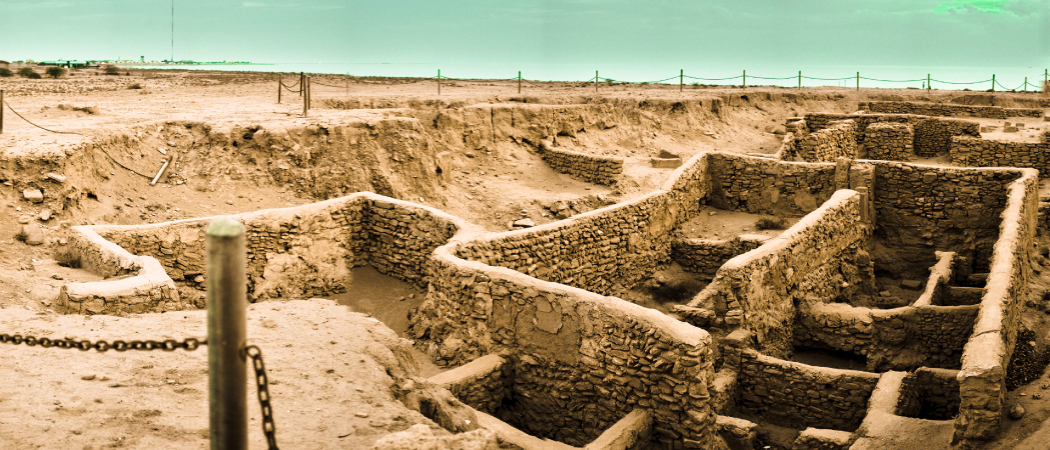By Walah Azzam Al-Sabah
The history of one island off the coast of Kuwait dates back more than 3,500 years. The island of Fylakio, Greek for outpost, was a coveted prize of the world’s most ancient and famous civilizations. Yes, Kuwait does have a great role in ancient history, and in particular, its island; its famous Failaka.
Failaka was not always known by that name. In fact, it was named something very different by Alexander the Great himself: Ikaros. Ikaria, or, Icaria, of course was, and still is, one of the Greek islands of the Aegean Sea, approximately 19 km southwest of the island Samos. Alexander thought that Failaka resembled Ikaria. But where does the name Ikaros come from? Icarus was the son of a God in Greek mythology, and when he flew dangerously close to the sun, his wings melted and he fell into the sea.

The history of Failaka was mentioned as far back as Strabo’s Geography in 25 CE and Arrian’s Anabasis but the Greeks were not the first people to discover it. There is evidence – though contested – that Bahrain’s ancient civilization of Dilmun had a lot to do with Failaka before the Greeks. Also, when the Greeks reached the Island, there was already a native speaking Aramaic population.
After Alexander’s arrival, it became the naval station of the Seleucid army- named after one of Alexander’s generals and successor, Seleucus, who managed to carve out an empire in ancient Iraq.

Several expeditions visited to conduct archaeological work on Failaka. The first expedition was by the Danish in 1970, then the French in 1983. In 2010 an Italian team, led by Associate Professor of Classical Archaeology at University of Perugia, Gian Luca Grassigli, landed at Failaka as well. This team excavated several objects, including porcelain, glass, bronze objects, and pottery.
One of the goals of these expeditions was to finally figure out if Failaka was the same Ikaros mentioned in ancient sources. In 1970, this speculation was put to rest when an inscription of 44 lines was discovered by the Danish expedition. From then on, there has never been so much as a fleeting doubt that the Ikaros mentioned in ancient sources was and still is modern Failaka.
All images taken by Flickr user Hunny Alrohaif, licensed under the Creative Commons Attribution 2.0 Generic (CC By 2.0)







